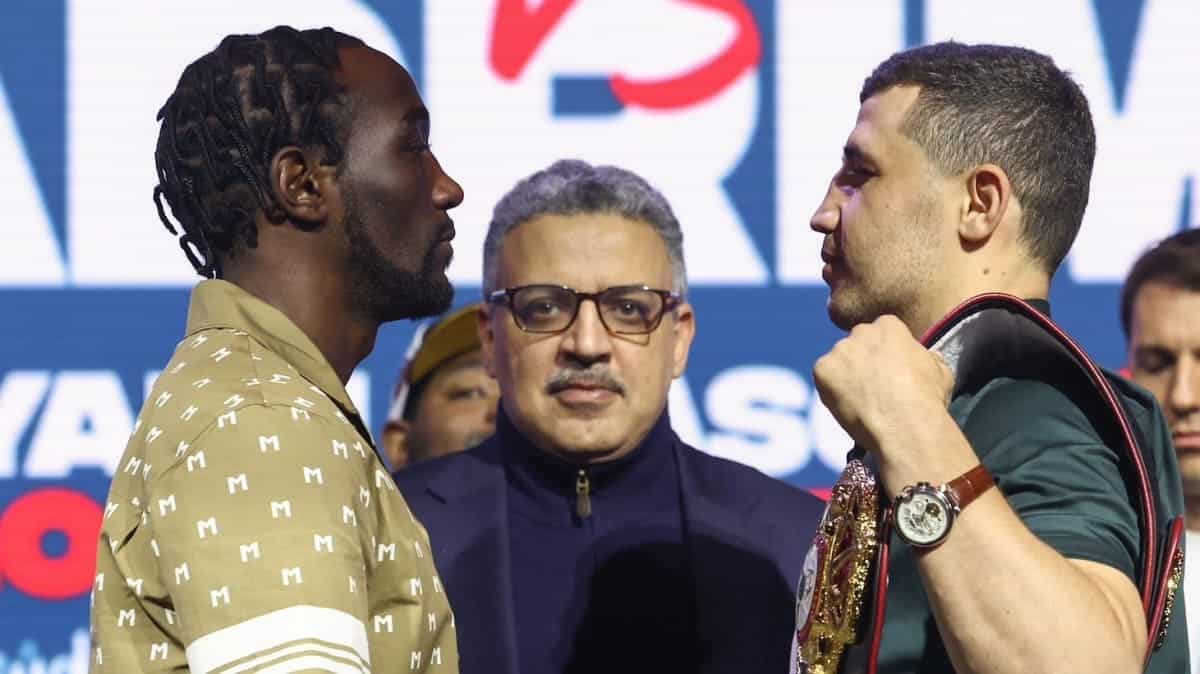According to Harvard Health Publishing, you can enjoy a myriad of health benefits with boxing. Doing so can enhance your balance and posture, strengthen your core and upper body parts, boost endurance, increase alertness, improve your mood, and hone your hand-eye coordination.
Moreover, training hard isn’t the only option you can do to be better at boxing. Following proper nutrition can enhance your training, as well. Almost every athlete and sports enthusiast make a diet plan that coincides with their training goals. Before starting your meal plan, you better learn how the following food groups naturally refine your boxing skills first.
Resveratrol-rich Foods for Motor Coordination and Balance
Resveratrol is a polyphenol primarily found in the skin of grapes, berries, red grapes, blueberries, bilberries, and cranberries, as well as in peanuts. This antioxidant can alleviate or prevent the risks of hypertension, diabetes, cardiovascular diseases, several types of cancer, and many more. Hence, it’s labeled as the ‘miracle molecule.’
Further, recent research has shown that resveratrol contains a potent effect on motor coordination and balance, which are both necessary skills in boxing as you’re going to move both your feet and arms at once. Lack of mobility and impaired motor coordination are two of the molecular changes that tend to slow down motor deficits associated with aging.
One study published in The Journals of Gerontology, Series A: Biological Sciences and Medical Sciences revealed that resveratrol could protect neuromuscular junction synapses (connections between neurons) from the tear and wear of aging. Since muscle fibers are preserved, reflexes, balance, and motor coordination will be maintained, as well.
High-protein Sources for Endurance and Muscle Recovery
Endurance is highly improved through protein intake, especially if you’re doing a long training session. One reason is that the longer you’ll spend time exercising, the more you will damage your muscles. While micro-tears are natural and beneficial to you later, constant muscle breakdown from day-to-day training can result in severe injuries.
Also, overworked muscles can affect your performance during training (due to severe muscle fatigue) and post-exercise recovery (excess lean muscle tissue damage). That’s why protein intake is necessary because maintenance, repair, and growth of your lean muscle solely depend on this macronutrient.
Typically, the daily recommended consumption is around 2g/kg of body mass. This amount of protein can be taken from natural sources of protein. However, as stated, other boxers and other endurance athletes need a considerable amount of protein that is far above the standard recommended daily allotment.
Protein supplementation can help them. There are various protein powders that you can choose from, depending on your system. Casein, soy, hemp, pea, and whey protein powders are the most popular in the market. You can check the muscletech whey protein review on Barbend, for example.
Apart from raw strength and speed, boxing requires strong stamina so you can be able to throw and dodge punches throughout the entire training session or competition. If you want to stay competitive, you want to be in your peak condition until the round ends, which requires a lot of endurance.
Omega-3s for Mental Toughness
In every sport, mental grit is deemed necessary. For boxers, coping ability, concentration, and discipline all contribute to their mental toughness. You see, it’s usually associated with sports psychology, but science has something to say about it as well. Recent studies have shown that specific foods like omega-3 rich foods can drive a better mentality needed for sports.
Salmon, mackerel, tuna, herring, and sardines are rich in omega-3 fatty acids. Cod, snapper, catfish, river trout, and halibut contain omega-3, too, but lesser than the first group. Several studies have already revealed how omega-3s boost brain functions. Many research added that better thinking abilities could drive a better mentality.
Moreover, omega-3 fatty acids have long believed to have performance-enhancing benefits. Research supports that omega-3s tend to prevent muscle loss, counteract delayed onset muscle soreness (DOMS), and enhance the anabolic effect of training. In regards to supplementation, consult a nutritionist before incorporating it into your diet to ensure the most improvement in your overall athletic performance.
Natural Carbohydrates for Better Performance
Carbohydrates can also improve your performance, providing you with sufficient fuel to execute every boxing technique. Whole grain bread, oats, sweet potatoes, fruits, lentils, beans and peas, honey, and other natural carbs can delay muscle fatigue felt after continuous training, as well. Hence, it allows you to compete at higher levels for longer.
Boxing Science recommended that higher amounts of carb should be taken during high-volume training days. However, there are some cases where you have to cut down your intake, especially when you’re aiming for weight loss, or you’re undergoing restricted carbohydrate training.
Your boxing performance depends on how you structure a low and high glycemic index (GI) food intake. Low-glycemic carbs have high dietary fiber, such as oats or potatoes, and reduce surges in blood glucose, so there’s less insulin spike. Taking them 3-4 hours before a HIIT (High-intensity Training) allows you to mobilize a high rate of fatty acid and sustain energy throughout the training.
By contrast, high-glycemic carbs have low fiber content. They’re typically eaten to gain weight. As it has low fiber, it can lessen gastric distress while you’re throwing punches. It’s best to eat pasta and other high GI carbs before any intense sparring. It would release energy faster than low GI carbs, without risking gastric stress.
It’s all about nutrient timing. Doing so would aid you in adapting the training you’d indulge into; otherwise, everything will be put into waste. What’s more, nutritional intervention should be individualized. The only idea that’s true to all is that your boxing diet should be centered around your routine, which in turn improves your performance.
Takeaway
Every food we eat would impact our abilities, training, performance, and recovery. Running a background check in every meal you eat is a good move. The Internet has made researching convenient for us.
It’s just that every person has different body types. What you might find out might not be 100% effective to you, or worse, some can put you in danger. What has been listed here aren’t associated with health risks, so far. Needless to say, it’s always best to consult a professional.





